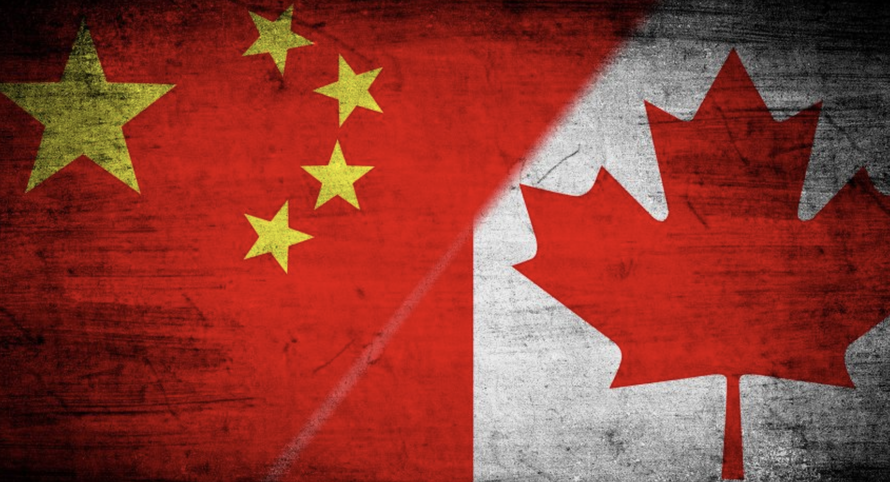One day after the Canadian government finally caved in to demands from conservative lawmakers and issued a travel advisory warning its citizens about the “arbitrary enforcement of laws” on the mainland – a warning that was apparently prompted by a local court handing down a death sentence to a Canadian citizen convicted of trafficking drugs – China has hit back with a tit-for-tat travel advisory of its own.
According to the South China Morning Post, a notice by the Chinese Foreign Ministry urged Chinese citizens to be aware of the risks of being “arbitrarily detained at the request of a third nation” in Canada, and urged caution when making travel plans – an obvious reference to the arrest of Huawei CFO Meng Wanzhou, who was arrested in Vancouver last month at the behest of the US.
In addition to the death sentence handed down to Schellenberg, a ruling that many accused of being politically influenced due to the suspiciously swift appeal and hearing, China has arrested two Canadians, a former diplomat and a businessman, on vague “National Security” charges.
Meanwhile, Canadian Prime Minister Justin Trudeau said after the death sentence was handed down that Canada was prepared to intervene on Schellenberg’s behalf.
“It is of extreme concern to us as a government, as it should be to all our international friends and allies, that China has chosen to begin to arbitrarily apply [the] death penalty…as in this case facing a Canadian,” Trudeau said.
The Chinese government and the local court where Schellenberg’s re-sentencing took place defended the verdict, saying the rule of law had been followed.
The local court in Dalian, Liaoning Province, which delivered the verdict, said on Tuesday that it had “rigorously enforced” the relevant laws in Schellenberg’s case “without any procedural violations.”
It said the Liaoning Higher Court had ordered a retrial after Schellenberg appealed against his initial 15-year sentence, adding that it “followed the law in accepting the case” and had carried out the necessary processes.
Hua Chunying, a spokeswoman for China’s foreign ministry, also insisted that the rule of law had been followed in Schellenberg’s case.
“The Canadian government should remind its citizens not about facing threats in China, but to never come to China to commit serious offences such as smuggling or trafficking drugs,” she said in a daily briefing.
“Those who commit these serious offences in China will definitely face serious consequences.”
But observers said the case bore all of the hallmarks of a politically sensitive issue.
Scott McKnight, managing editor of the China Open Research Network at the University of Toronto, said the sudden change and increased coverage in Chinese media was a “clear indication to us that the Chinese government is eager to politicise this specific case in its broader diplomatic spat with Canada.”
“The Chinese government, in choosing to escalate this stand-off, is showing that it’s immune – or simply doesn’t care – about the damage it is doing to its reputation, so long as it somehow helps to get Mrs Meng back to China,” he said.
Earlier this month, the US stepped up its own travel advisory about China, where it also warned US citizens about the arbitrary enforcement of laws in China.
via RSS http://bit.ly/2DbCAT5 Tyler Durden
